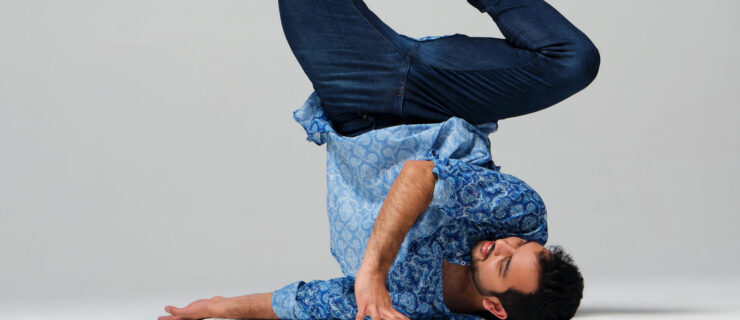7 Ways To Cope With Performance Anxiety
You’re standing backstage, and your mind won’t stop racing.
What if, after weeks of rehearsal, you suddenly forget the choreography? What if that terrible critic gives you yet another embarrassing review? Did you remember to sew your pointe shoes correctly? Why won’t your partner stop cracking his darn hip joint? Why can’t you stop freaking out?
Audiences might assume that by the time a dancer is professional, they’re used to the pressure of performing. But according to Dance/USA’s Taskforce on Dancer Health, most dancers have experienced at least one incident of performance anxiety a.k.a. stage fright.
More serious than minor backstage butterflies, performance anxiety can include symptoms like:
- catastrophic and negative thinking
- fear of forgetting
- fear of disapproval
- distractibility
- irritability
- procrastination
- self-sabotage
- emotional volatility
- feeling out of control
Why does this happen? The Dance/USA task force reports that anxiety disorders are likely a combination of biological factors like brain chemistry and genetics, as well as psychological factors like the ways we learn to think about situations, our fears and the amount of control we feel we have.
Fortunately, there are several strategies dancers can use to cope.
Don’t Fight It
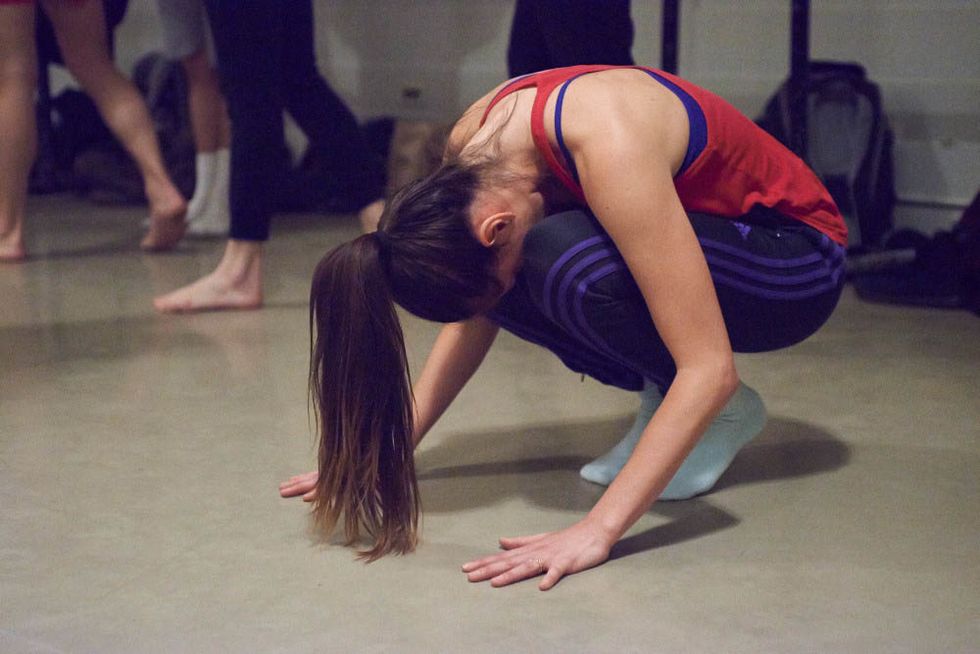 Embrace your pre-performance nerves. Photo by Jim Lafferty
Embrace your pre-performance nerves. Photo by Jim Lafferty
Telling yourself, “Calm down” can be counterproductive. In Peak Performance: Elevate Your Game, Avoid Burnout and Thrive With the New Science of Success, authors Brad Stulberg and Steve Magness explain that when you try to suppress your nerves, you’re telling yourself that something is wrong. Research in the Journal of Experimental Psychology found that the most successful elite athletes embrace their anxiety: They see it as excitement, and channeling that energy into their performance.
Find a Second Love
 Outside interests and hobbies can give you perspective. Photo by Fritz Bielmeier/Unsplash
Outside interests and hobbies can give you perspective. Photo by Fritz Bielmeier/Unsplash
Dance can feel all-consuming. But developing hobbies and friends outside of your job can help release tension by reminding you that there’s more to life than this one show. According to the Dance/USA task force, dancers who have positive support systems experience less performance anxiety.
Practice Deep Breathing—Before You Get Backstage
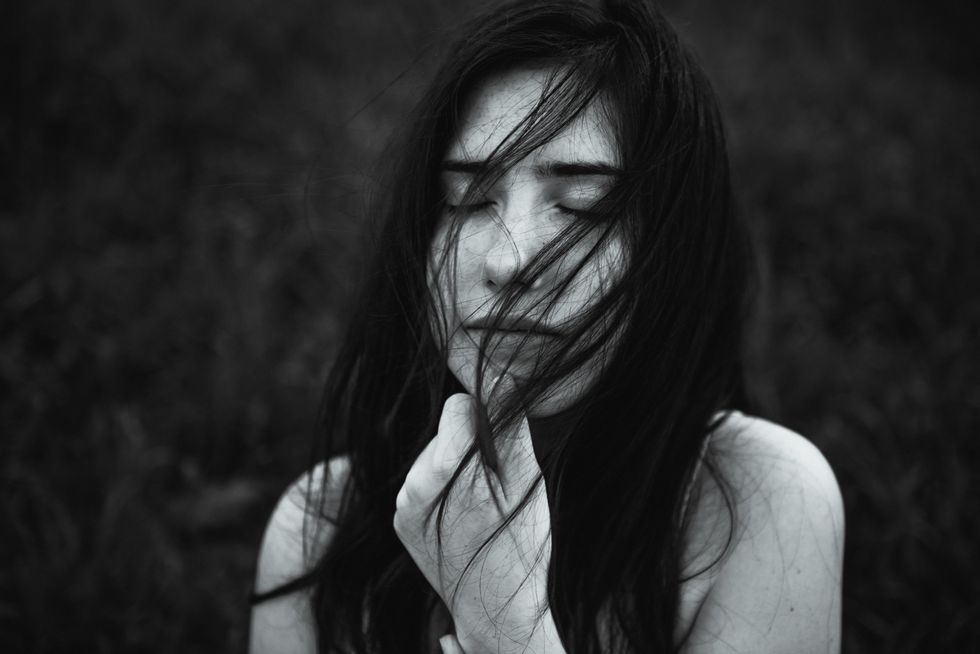 Rehearse a deep breathing technique regularly. Photo by Natalia Figueredo/Unsplash
Rehearse a deep breathing technique regularly. Photo by Natalia Figueredo/Unsplash
One of the biggest mistakes performers make is forgetting to rehearse their relaxation techniques, writes Athletes and the Arts. Practice releasing tension through your favorite deep breathing pattern before you get backstage. Long, deep breaths can calm your sympathetic nervous system—but a familiar technique will be far more effective than one you’ve never done before.
Distract Yourself
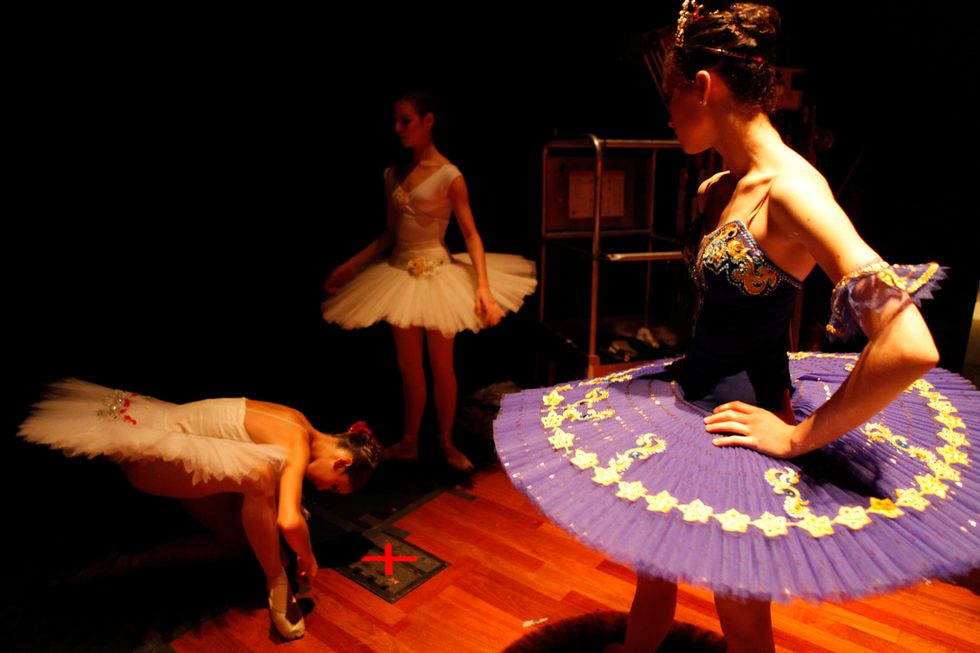 Think about something other than the performance itself. Photo by Rachel Papo for Pointe.
Think about something other than the performance itself. Photo by Rachel Papo for Pointe.
Ever realized that once you step onstage, your nerves typically fade away within a minute or so? Psychology Today points out that we get most anxious in the moments leading up to the performance—it’s called anticipatory anxiety. You can minimize this by 1. Reminding yourself that the feeling will fade once you’re out there and 2. Changing your focus: Start planning what you’re going to eat after the show, or chat with a friend about the latest episode of “Westworld.”
Control What You Can
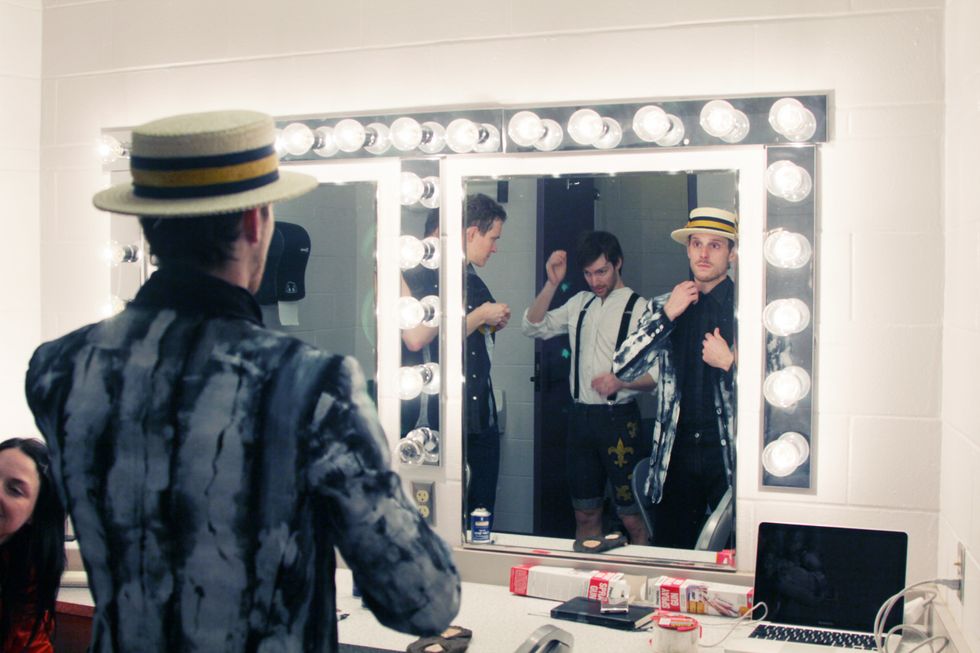 Following the same backstage routine can calm your mind with the comfort of predictability. Photo by Jayme Thornton for Pointe.
Following the same backstage routine can calm your mind with the comfort of predictability. Photo by Jayme Thornton for Pointe.
Anxiety often comes from feeling like you don’t have enough control. Prepare for your performance in every way possible. Give yourself enough rehearsal. Assemble everything you’ll need for the show—from your favorite sports drink to extra bobby pins—ahead of time. Develop a go-to warmup routine that gets you in the zone.
Skip The Pre-Show Latte
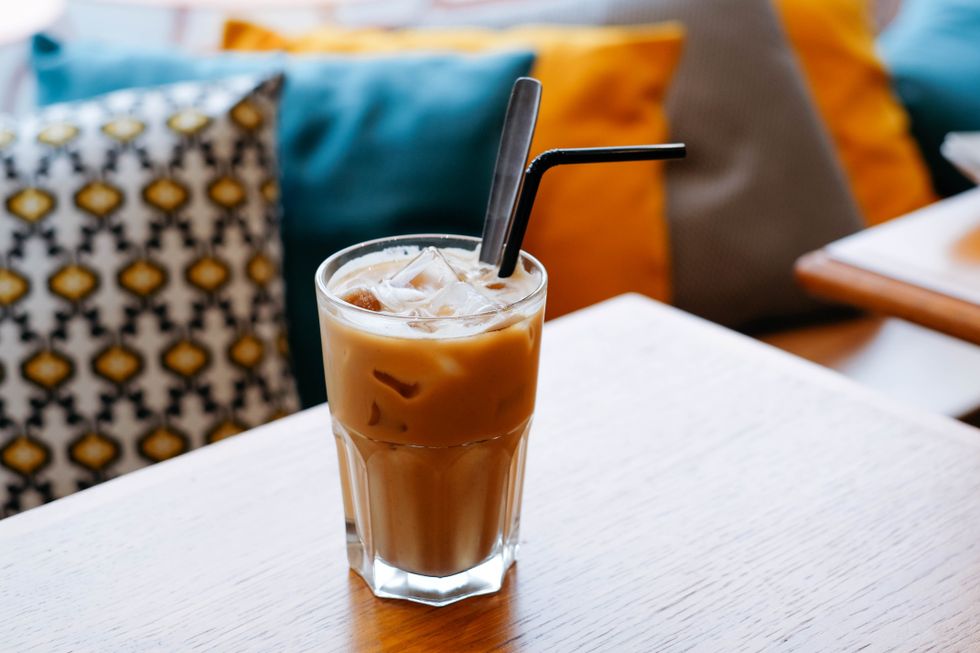 Caffeine can make it worse. Photo by Thomas Vimare/Unsplash
Caffeine can make it worse. Photo by Thomas Vimare/Unsplash
Anxiety symptoms can be exacerbated by caffeine, so experiment with limiting your coffee intake on performance days. Alcohol and drug use—obviously never a good idea before performing—can also induce anxiety.
Don’t Rule Out Medication If You Need It
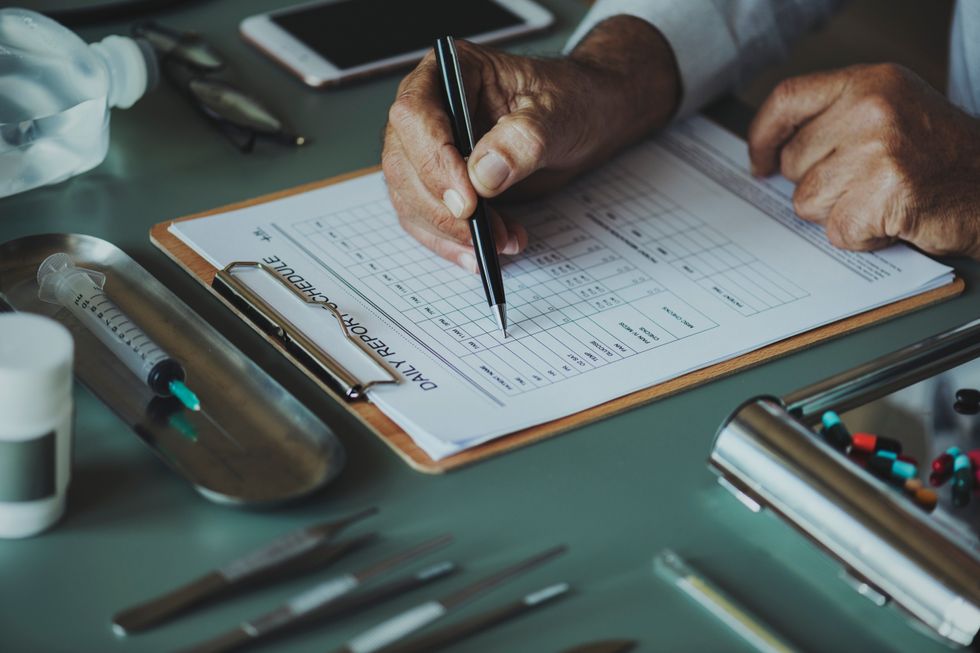 Medication can help. Photo by Unsplash.
Medication can help. Photo by Unsplash.
If pre-performance anxiety is getting in the way of your career, speak to a health professional. They can prescribe medication that targets the neurochemicals that get altered in anxious states. However, the Dance/USA task force warns that beta-blockers (which are commonly prescribed for anxiety) may not be recommended for dancers since they can interfere with muscle tension.





